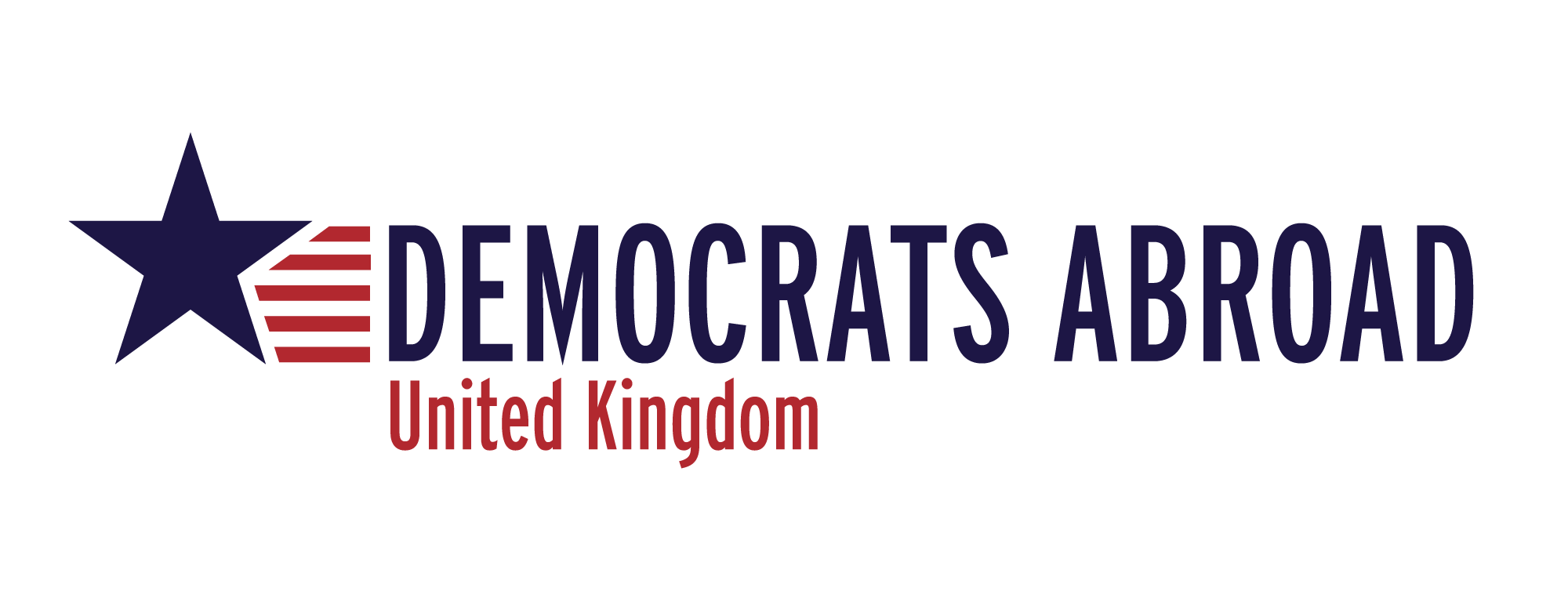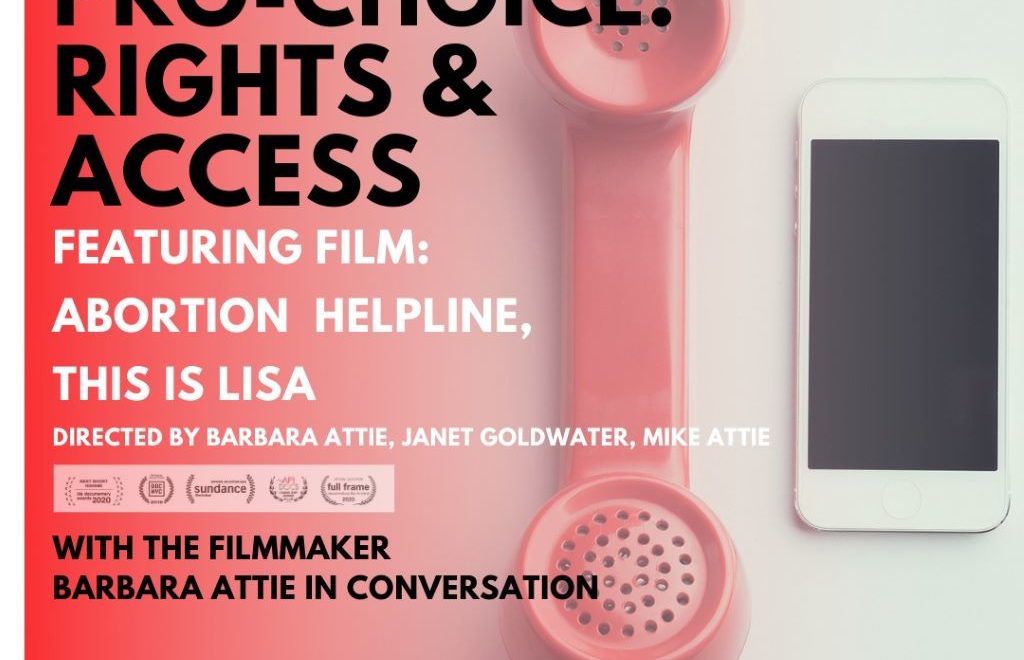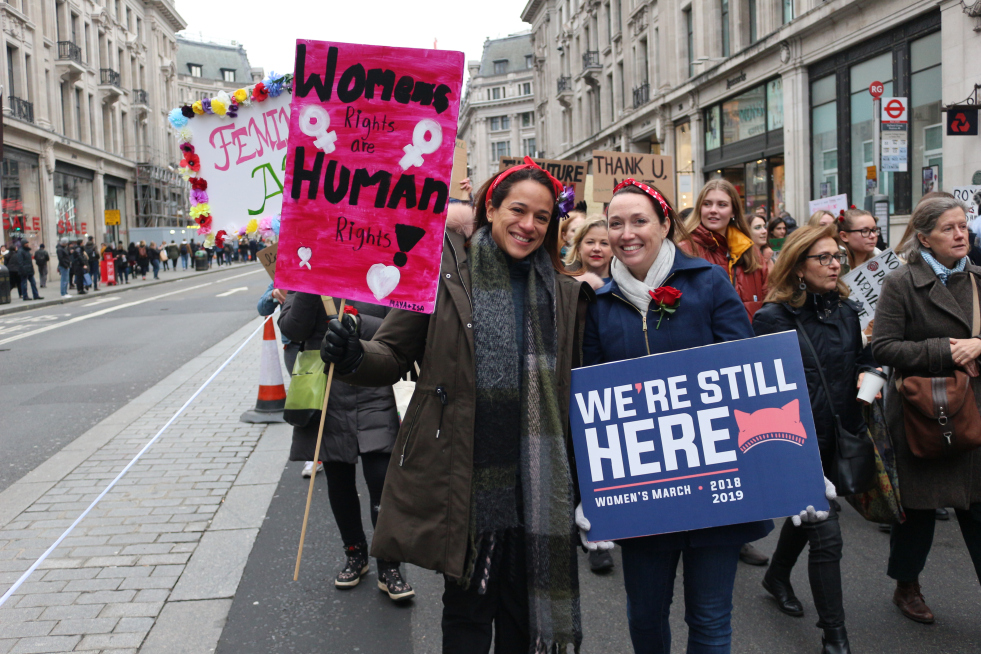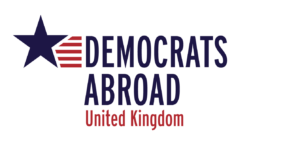DAUK Film Night: Abortion Helpline, This is Lisa
May 7, 2021 online
Poignant, Compelling, Beautifully Produced
In collaboration with the DAUK Women’s Caucus and DA Global Women’s Caucus
Commentary: John Oliver offers his succinct take on how TRAP laws are so at odds with most Americans’ views:
The Filmmakers
Barbara Attie
Janet Goldwater
Mike Attie
Film Reviews
Issues at stake
Women’s Reproductive Rights and Healthcare, Women’s Right to Choose,
More About The Film
The Film Night
Join us for the screening of the short documentary Abortion Helpline, This is Lisa, and a conversation with Barbara Attie, its award-winning director. Take this opportunity to engage in a timely discussion of key, pressing issues facing American women: the unrelenting struggle to secure the basic rights to exercise control over their own bodies, health and choice whether to have children.
DA and DAUK members who have played leading roles on advocating and working on these issues will lead the after-screening discussion.
About the film
In this award winning documentary, we are in the room with counselors for a Philadelphia helpline that offers financial support to cover abortion costs. We hear them responding to the nonstop calls from women and teens who seek to end a pregnancy but cannot afford to do so. We hear the anguish of women explaining the situation they face and the lack of alternatives available to them. And we become aware that the sheer lack of funds often means help is not available.
Terminations are time-sensitive: they are not only more risky, traumatic or complicated as time advances, but also more costly if there is a delay.
This short documentary shines a light on how economic inequality, the corresponding lack of access to reproductive healthcare and cruel legislation determine women’s right to choose.
In awarding the Grand Jury Prize for Short Films at the AFI DOCS 2020 Film Festival, the jury wrote: “For its simple yet profound approach to a polarizing issue, we have selected a film which puts humanity ahead of an agenda.”
This Film Night is a collaboration of the DAUK Film Committee, DAUK Women’s Caucus, Speakeasy and the DA Global Women’s Caucus.
What are the restrictions women face?
The Supreme Court’s 1973 landmark decision in Roe v. Wade protected women’s ‘liberty’ to have an abortion without excessive government restriction under the ‘equal protection clause’ of the XIV Amendment.
Nevertheless, as we all know, women’s rights and access to abortion and contraception have been relentlessly contested at both national and state levels. The 1976 Hyde Amendment blocks the usage of federal funds to pay for abortion except in cases of rape, incest, or when the pregnancy endangers the woman’s life. This severely restricts coverage of abortion under Medicaid and other federal programs. Under the Affordable Care Act there is no requirement for healthcare plans to cover abortion provision.
It is at the state level that detailed restrictive strategies are developed and enacted in order to create major financial and practical obstacles. In many states such as Texas, insurance policies for public employees follow Hyde restrictions. In our screening of Trapped we saw how targeted laws were enacted to force the closure of abortion providers by imposing medically unnecessary and very burdensome standards for their physical plant, equipment and staffing under the guise of enshrining ‘high clinical standards’. Currently six states, Kentucky, Mississippi, Missouri, North Dakota, South Dakota and West Virginia have only one abortion clinic in the state.
Republican state lawmakers continue to prioritize restricting all pro-choice rights. In the first two months of 2021, eight abortion restrictions and bans have already been enacted; in Kentucky there is an initiative to change the Kentucky constitution to explicitly exclude abortion rights.
Who is particularly affected?
The impact of these restrictions is inequitable. Women who have access to good financial resources and access to information about options and services can overcome many of these obstacles. For poor women dependent on Medicare and for many women who live in states or counties with very few abortion providers, the challenges are daunting.
The attitudes underpinning objections to pro-choice rights for women resonate throughout and impact the provision of all reproductive healthcare services for women.
What is the context?
The United States’ grossly inequitable healthcare system is a major factor shaping women’s access to good quality reproductive healthcare whether for contraception, monitoring of health issues, such as cancer testing, mammograms or other tests and scans. ‘Pro-life’ advocates never focus on the fact that the United States has the highest maternal death rate in the industrialized world. The persistent efforts by Republicans to ‘defund Planned Parenthood’ limits access to other essential services for women.
The challenges women face are not simply shaped by economic factors: there are historical and deeply embedded attitudes and practices that deny women bodily autonomy and their powers of decision making.
Racist structures and attitudes mean that Black women bear additional burdens, and face particular, significant negative impacts when seeking any form of healthcare. Black women have always had to fight to live in autonomy, self-determination, and safety in all aspects of life. Kamala Harris has highlighted the fact that African American women are three to four times more likely to die of pregnancy complications than white women, irrespective of income or education.
Any investigation of women’s reproductive health care starkly illustrates how intersectional the dynamics are. Class, race, sex and gender are structuring principles; trans boys and men and those identifying as non-binary face additional hurdles and complications in accessing healthcare.
And the future?
With Democrats in power we can and will advance women’s healthcare. For example, since 2016, the Democratic Party has been committed to the repeal of the Hyde Amendment.
About The Filmmakers
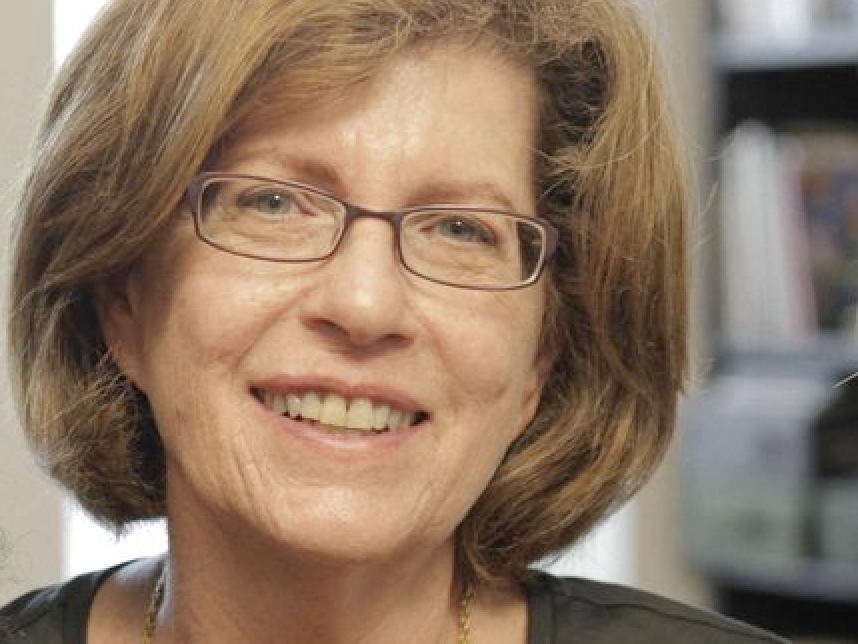
Photo credit:
Barbara Attie is an EMMY nominated filmmaker who has collaborated with Janet Goldwater on award-winning documentaries for national and international broadcast. In 2019, Barbara and Janet joined with Mike Attie to produce and direct Abortion Helpline, This is Lisa, a short documentary that is short listed for an Oscar, is winner of the Grand Jury Prize for Short Films at AFI DOCS 2020, and has screened at many film festivals, including Sundance, Full Frame, DOC NYC and Big Sky. Other documentaries by Barbara and Janet include BaddDDD Sonia Sanchez (2015), Mrs. Goundo’s Daughter (2009), Rosita (2006), Maggie Growls (2003), and Motherless: A Legacy of Loss from Illegal Abortion (1992).
Interviews with the filmmakers
https://www.youtube.com/watch?v=Jjf0ghi68w8
Judith Helfand interviews the filmmakers.
Find out more about the Film
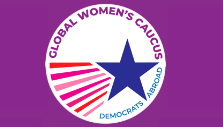
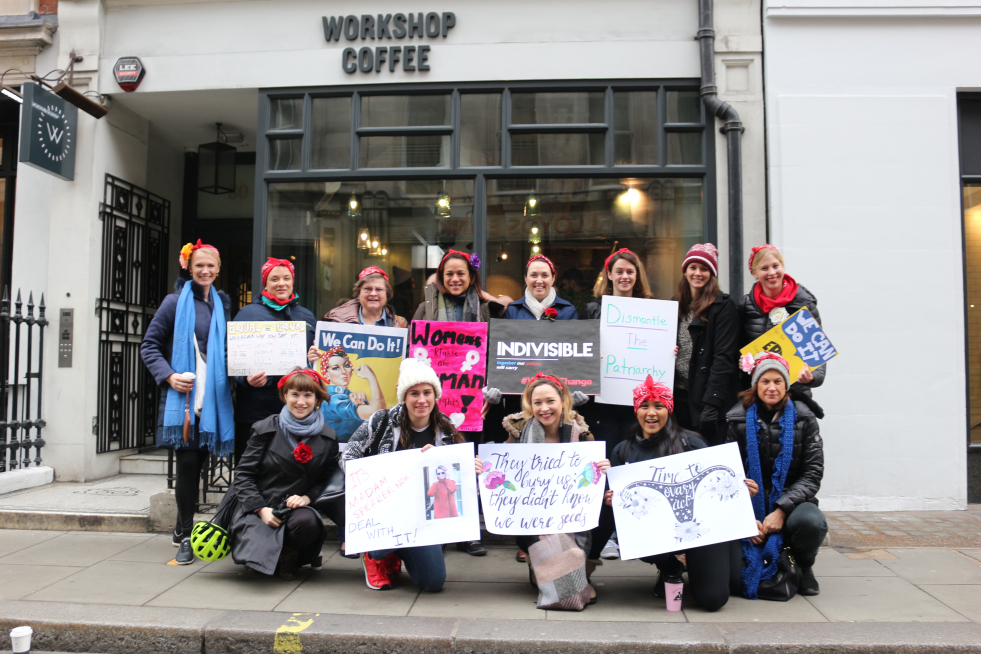
Disclaimer: The screening of this film does not constitute an endorsement or promotion of the film, nor of any views expressed therein or any association with The Film Committee, DAUK, Democrats Abroad or the Democratic Party. Screenings are solely conceived as educational activities: offering an opportunity for members to discuss issues.
Links to other organizations or publications imply neither endorsement of their policies nor any association with the Democratic Party or Democrats Abroad – UK.
